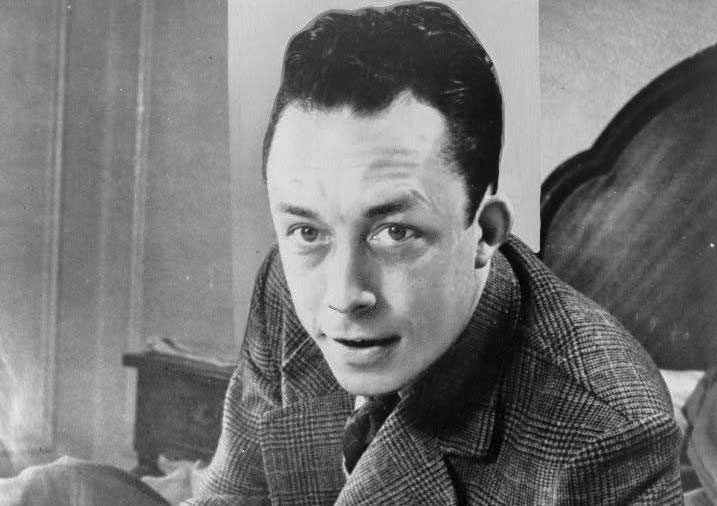Albert Camus (1913-60)
The James Dean of philosophy, Camus remains a hero among students worldwide because he looked cool while smoking and died tragically young in a car crash. He was an existentialist, meaning he pondered the big ones, such as: “What is the point of existence?” His answer? There isn’t one, but don’t worry about it. Just get on with things and you might find you’re happy after all.
Paul Eluard (1895-1952)
After the Second World War, practically everyone in France claimed to have been secretly working for the Resistance. The poet Paul Eluard actually did. His ode Liberté was so inspiring that the allies dropped it into occupied France with the aim of boosting morale. Google it, learn it and have Eluard’s masterpiece ready to recite over the crème brûlée.
Thomas Piketty (1971)
The French tend to be suspicious of the Anglo-Saxon free market — none more so than the enfant terrible of economics, Thomas Piketty. His hefty tome Capital in the Twenty-First Century (a surprise bestseller if ever there was one) argues that the gulf between rich and poor will inevitably continue to widen unless there’s heavy state intervention.
Simone Weil (1909-43)
Another terrific example of someone who did her bit for the French Resistance. She wasn’t terribly good at it, though, once dropping a case containing secret documents, which spilled out into the street. Weil is now revered for her brilliant theological essays on subjects such as the problem of evil — if God is all good, why does he allow pain?
Roland Barthes (1915-80)
Amid the celebrations last year to mark the 100th anniversary of the birth of Roland Barthes, the fashion house Hermès designed a scarf in his honour. Hard to imagine that being done for an intellectual in the UK. It was the anti- commercialism of this cultural commentator that endeared him to the intellectual left, specifically his belief that the advertising industry had infiltrated the fabric of our lives.

